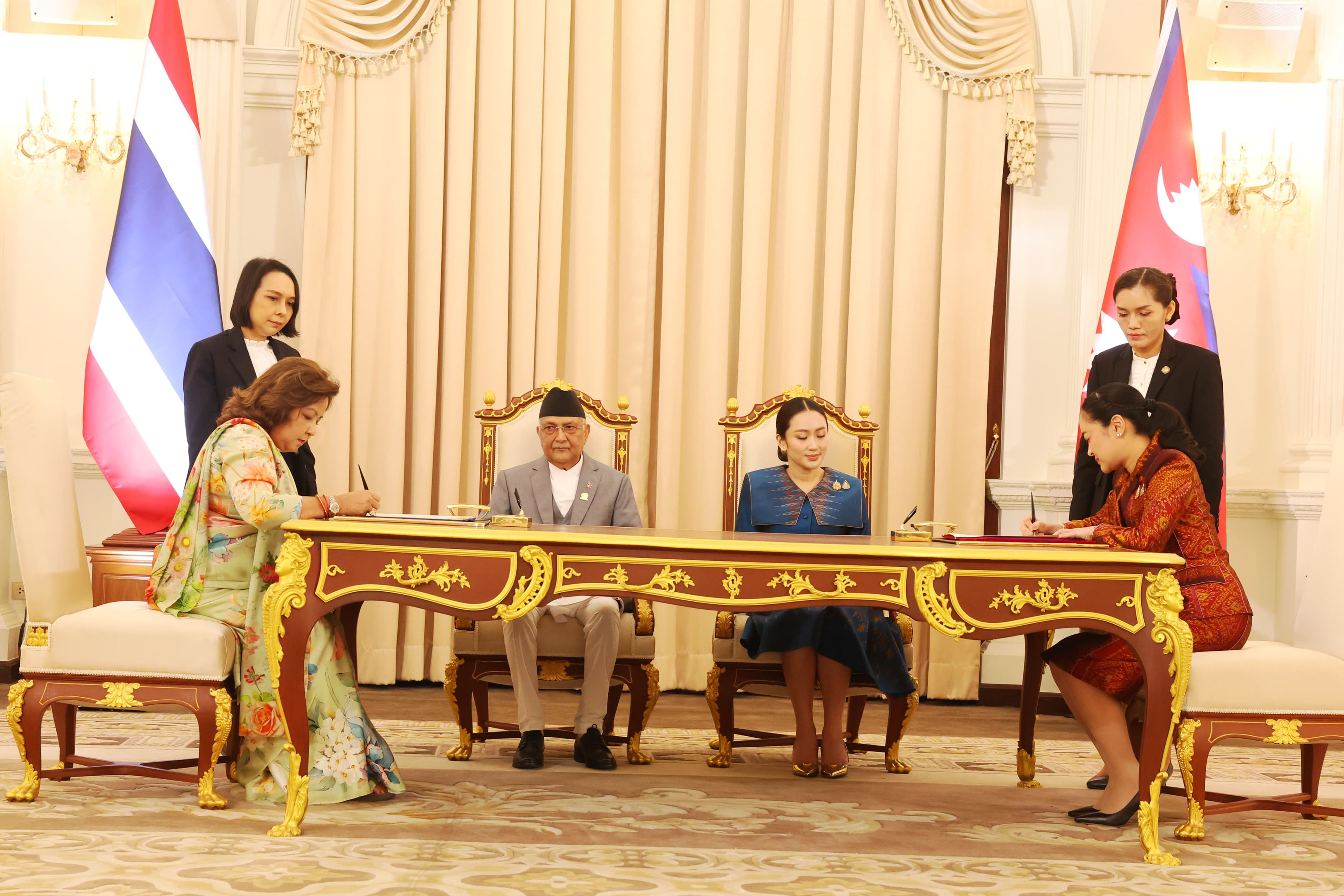Nepal and Bangladesh have reached a landmark agreement on electricity tariffs, paving the way for enhanced cooperation and mutual benefit. The agreement, signed during a World Bank program in Singapore in the presence of the energy secretaries of the two countries, signifies a positive step forward in the bilateral relations between the two neighboring countries. The Nepal Electricity Authority (NEA) and the Bangladesh Power Development Board (BPDB) deserve appreciation for their efforts in finalizing the deal, which is set to mark the beginning of a new era in energy collaboration. We also commend the role of Ambassador of Nepal to Bangladesh Ghanshyam Bhandari for realizing the agreement, under which Nepal will be exporting 40 MW of electricity to Bangladesh in the initial phase. In the tariff negotiations, led by NEA Managing Director Kulman Ghising and BPDB Chairman Mahbubur Rahman, the two countries have agreed that the purchase and sale of electricity would be conducted in US dollars. As the agreement paves the way for the further export of our surplus electricity to Bangladesh, it serves as a milestone between Nepal and Bangladesh, deepening our economic relations.
A Milestone in Nepal-Thailand Ties

The agreed-upon selling rate, ranging between Rs 8 to Rs 9 per unit, aligns with the proposed rate during discussions held by the NEA team. This falls within the range of 6.25 to 6.5 US cents per unit, providing a competitive and economically viable arrangement for both nations. This rate strikes a balance that benefits both the exporting and importing countries, fostering an equitable and sustainable energy trade relationship in the days ahead. Nepal's current goal is to harness its immense hydro potential and export surplus power to India and Bangladesh to bring economic prosperity to the country. This is reflected in Nepal’s long-term electricity trade agreement with India, signed on January 4. Nepal's strategic vision is to harness its energy potential and contribute to the regional power grid, reinforcing the country's role as a key player in South Asian energy dynamics. In this regard, Bangladesh's announcement of plans to import 6,000 MW of electricity from neighboring countries, coupled with State Minister Nasrul Hamid's assurance of a forthcoming agreement with Nepal, is a welcome development.
As the demand for energy continues to rise, the collaboration among South Asian nations not only addresses the energy needs of individual nations but also contributes to regional stability and economic growth. We, as a newspaper, believe that the Nepal-Bangladesh electricity tariff agreement opens the door for enhanced economic cooperation. Both nations should seize this opportunity to further strengthen their ties, exploring avenues for broader collaboration beyond the energy sector. Joint initiatives in trade, infrastructure development, agriculture, tourism, and cultural exchange can solidify the foundation of a robust partnership that benefits the peoples of bothe Nepal and Bangladesh. As the two countries embark on this shared journey, Nepal and Bangladesh have the potential to create a model for regional cooperation that others in South Asia can emulate.




-1772642844.webp)


































